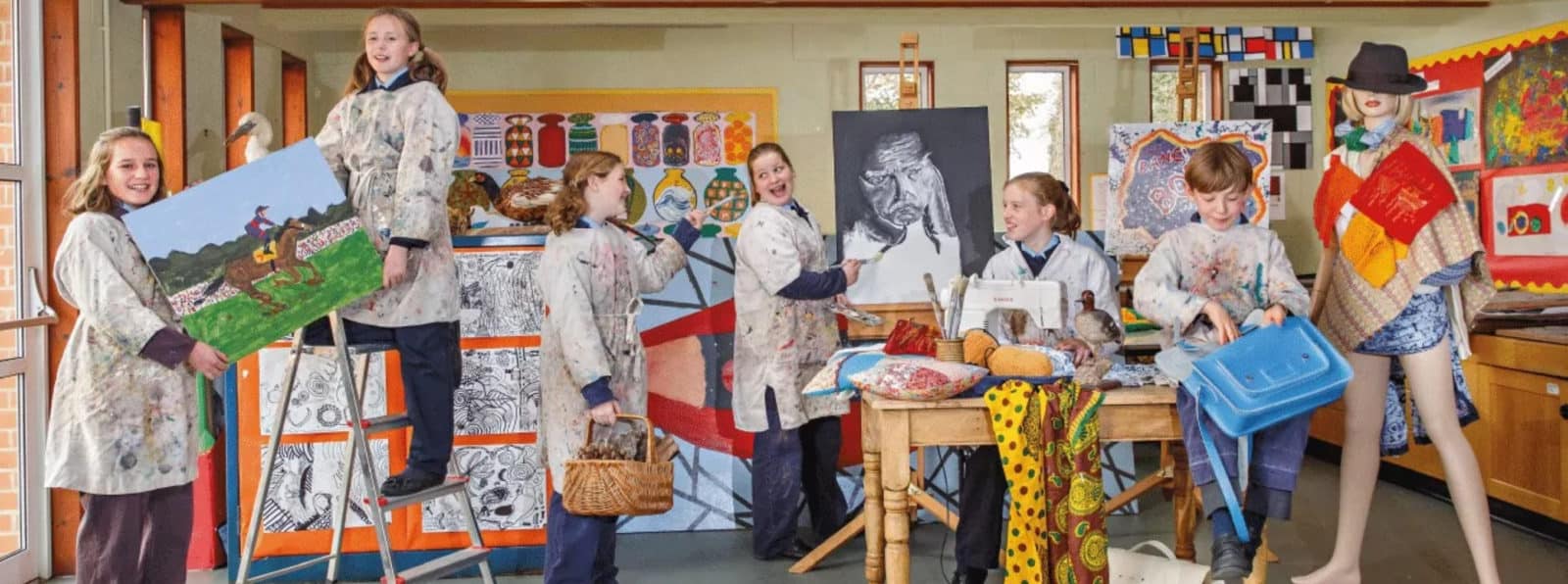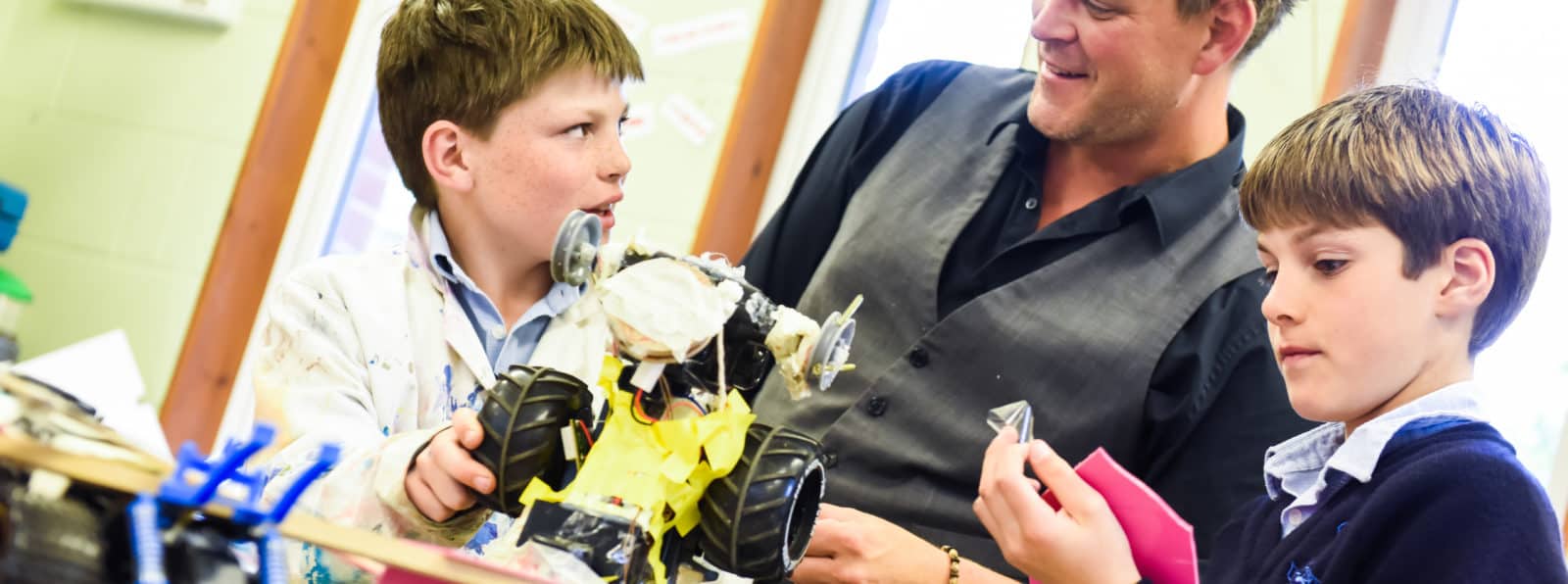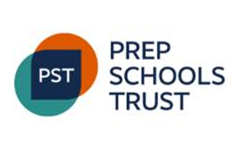Art
Expressing ideas visually is a basic human need; cave dwelling people living 40,000 years ago, made visual art and used art to decorate their homes retelling stories or capturing events – we still do this today. Maslow’s famous Triangle of Human Needs identified that being creative is one of the most fulfilling of human experiences. Our aim at Beeston is to equip our children to have the ability to find fulfilment and meaning in life, through creating and enjoying looking at Art. Art at Beeston is a bustling and vibrant subject, with evidence of the children’s industry throughout the school. Alongside a newly equipped design and technology studio, we enjoy the use of the MacNicol Art Centre which would be the envy of many senior schools, with its own large open plan studio with kiln, as well as facilities for textiles, enamelling, printing and a scholars’ gallery for those seeking quiet study.
There is an ‘open door’ policy so these facilities are always available and our positive, nurturing approach means that all pupils have a chance to succeed, learning the tools of self-expression as they explore the world around them. The department is generously resourced, with a wide range of study programmes including batik design, applique techniques, felt-making, tie dyeing and decorative stitching, sewing using a sewing machine, printing on fabric using collage, as well as silk screen and lino cuts.









